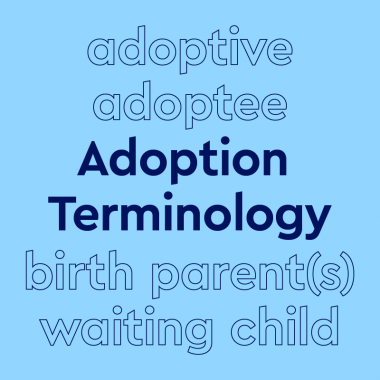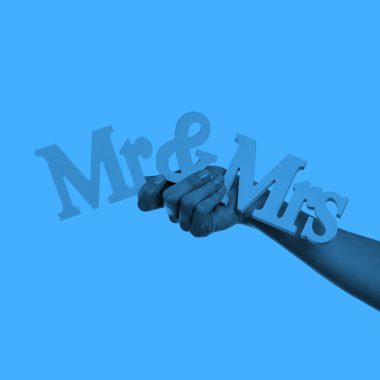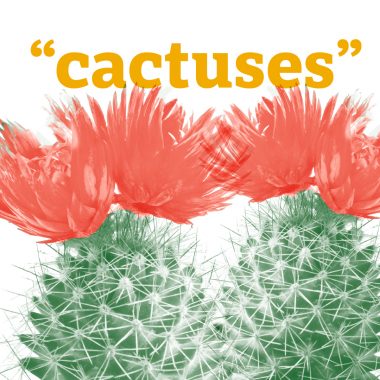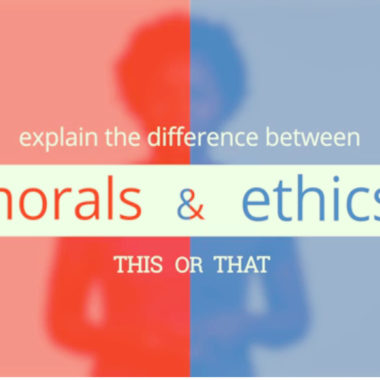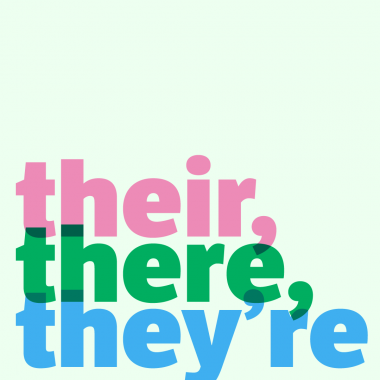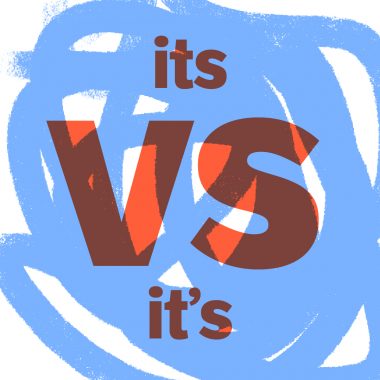Positive Adoption Language: Terms To Use And Avoid
Some of the traditional ways of talking about adoption may seem neutral or harmless, but many once widely used terms are now avoided due to carrying negative implications or associations. Taking time to understand and consider these implications is especially important at a time when many discussions and depictions of adoption are criticized for minimizing the perspectives and experiences of children awaiting adoption and people …
